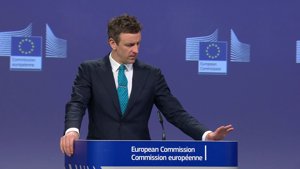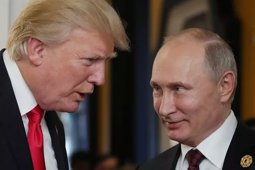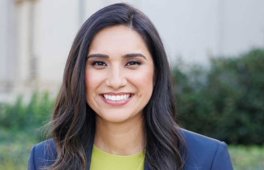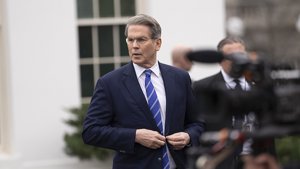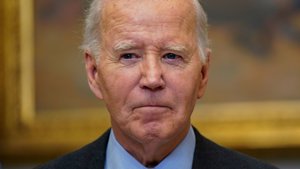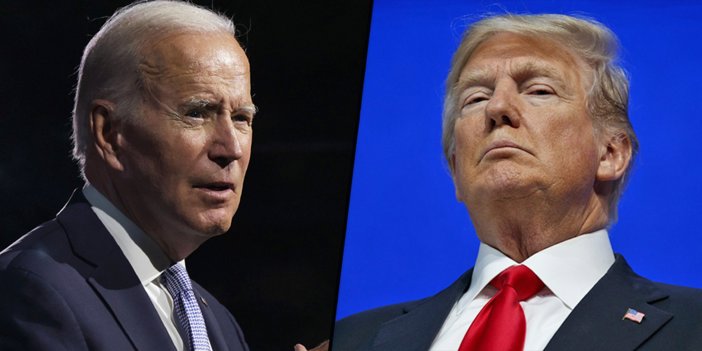
Biden Aides Hid Health Issues to Block Trump
Aides reportedly hid Biden’s cognitive decline to prevent Trump’s return, claims new book co-author.
Author Alleges White House Shielded Biden’s Condition
Senior aides to President Joe Biden took steps described as “undemocratic” to conceal the president’s cognitive decline during his time in office, according to journalist and author Alex Thompson. The revelation comes from interviews and research tied to the newly released exposé that examines the inner workings of Biden’s presidency.
Thompson stated that many in Biden’s inner circle rationalized shielding him from public scrutiny because they believed doing otherwise would have benefited Donald Trump. “There was definitely a lot of self-reflection about what — if anything — they should have done differently,” Thompson noted, explaining that officials feared speaking out would only help Trump politically.
According to Thompson, aides concluded that going public with concerns about Biden’s apparent cognitive lapses would not have altered his decision-making. “It was only going to help Donald Trump,” he said. This rationale, Thompson explained, led to a concerted effort to limit Biden’s exposure — even to his own cabinet secretaries.
Thompson also recounted a quote from one aide suggesting that Biden “just had to win and then could disappear,” implying the president’s staff could handle the responsibilities of leadership in his place. The remark sparked further scrutiny over the role unelected aides may have played behind the scenes.
When asked who would effectively be running the White House in a second Biden term, Thompson quoted the aide as saying, “When you're voting for president, you're voting for the aides around him.” He emphasized that these individuals were not Senate-confirmed officials, but White House staffers operating without formal public accountability.
“One of the things that really comes out in our reporting here,” Thompson said, “is that if you believe — and I do think a lot of these people do sincerely believe — that Donald Trump was and is an existential threat to democracy, you can rationalize anything, including sometimes doing undemocratic things.”
The statements have raised concerns over transparency, governance, and the influence of unelected officials in presidential decision-making. Critics argue the actions described could undermine democratic norms, especially if the public was intentionally misled about the president’s fitness for office.
As political discourse intensifies ahead of the next election cycle, questions remain about the ethical boundaries of protecting a leader at the expense of public awareness. Whether these revelations will reshape public opinion or prompt formal inquiries is yet to be seen.

